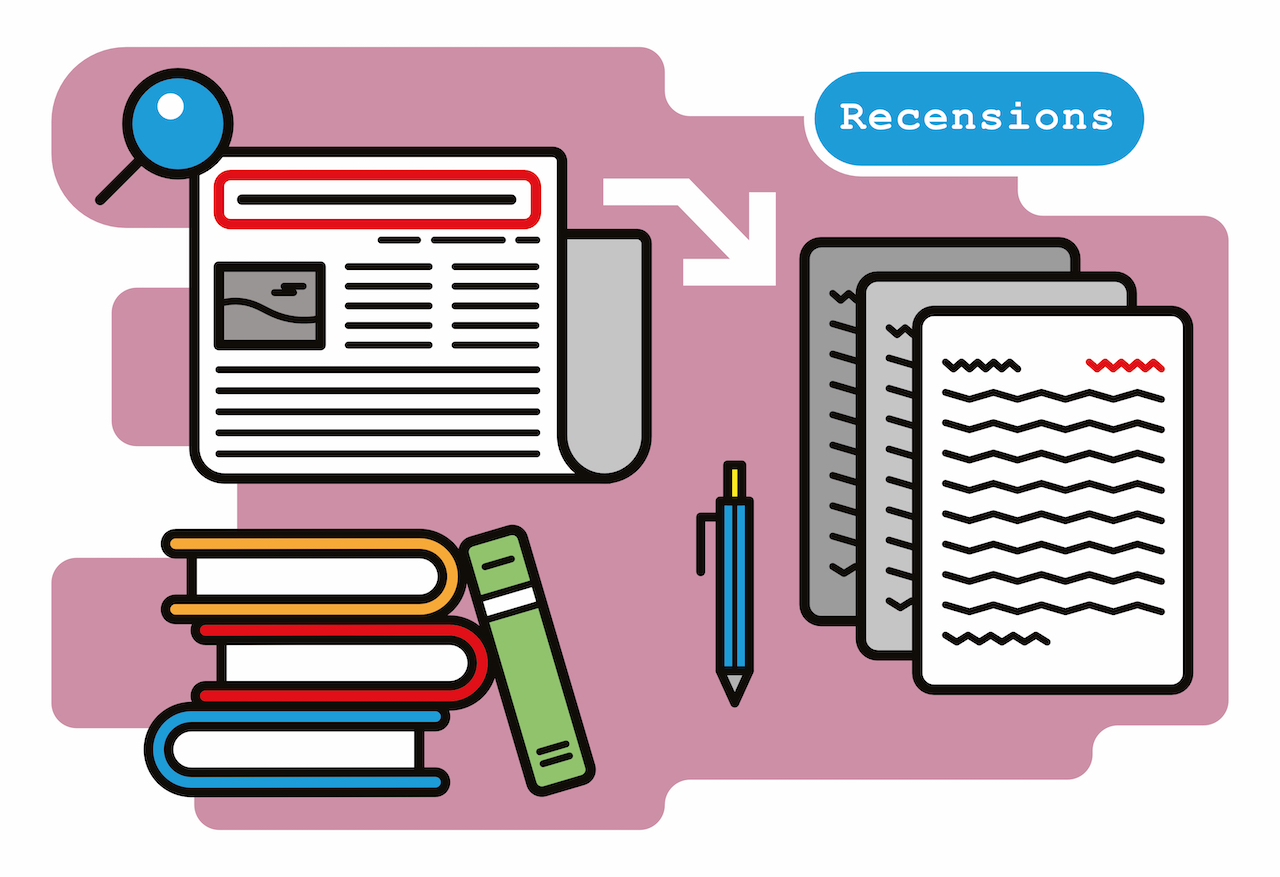Deontology and Ethics of the Internal Audit Profession DEONTOLOGIE ET ETHIQUE DU METIER D'AUDIT INTERNE
Fiche du document
25 novembre 2024
- ISIDORE Id: 10670/1.dc5b86...
- hal: hal-04800541
http://creativecommons.org/licenses/by-nc/ , info:eu-repo/semantics/OpenAccess
Mots-clés
Déontologie Éthique Audit interne Indépendance Confidentialité Intégrité Gouvernance Dilemmes éthiques Conflits d’intérêts Responsabilité sociale Transparence Innovation technologique Intelligence artificielle Protection des données Normes professionnelles.Sujets proches
Internal auditing Auditing--Internal control Innovations, Technological Auditoría--Control interno Verificación interna Evaluación--Metodología Métodos de evaluación Audit Estimation Prisée Évaluations Audits Évaluation du service rendu Contrôle interne (vérification comptable) Audit interne Standards Innovations techniques Innovations technologiques Mutations technologiques Modernisation Innovations industrielles Technologies nouvelles Innovation Progrès technique Nouvelles technologies Nouvelle technologie Nouvelles techniques Développement technologique Changements technologiques emploi-fonction fonction fonction-emploi métier professionCiter ce document
Karim Chana et al., « DEONTOLOGIE ET ETHIQUE DU METIER D'AUDIT INTERNE », HAL SHS (Sciences de l’Homme et de la Société), ID : 10670/1.dc5b86...
Métriques
Partage / Export
Résumé
The internal audit profession is pivotal to organizational governance, ensuring process integrity and effective risk management. This role is underpinned by two essential pillars: deontology and ethics, which together guide auditors in their professional responsibilities.Deontology provides a normative framework for auditors, emphasizing independence, confidentiality, and integrity. These principles are vital for maintaining impartiality and trustworthiness. However, challenges such as conflicts of interest and organizational pressures demand vigilance and strict adherence to standards.Ethics serves as a moral compass, helping auditors navigate ambiguous and complex situations. Ethical principles emphasize transparency, fairness, and social responsibility, extending beyond formal rules. Emerging challenges include ethical dilemmas and the impact of technology, such as AI and data privacy concerns.Together, deontology and ethics form the foundation of credible and effective internal auditing, safeguarding stakeholder interests and fostering organizational accountability. To meet rising governance standards, auditors must embrace these principles while responsibly adopting technological innovations.
